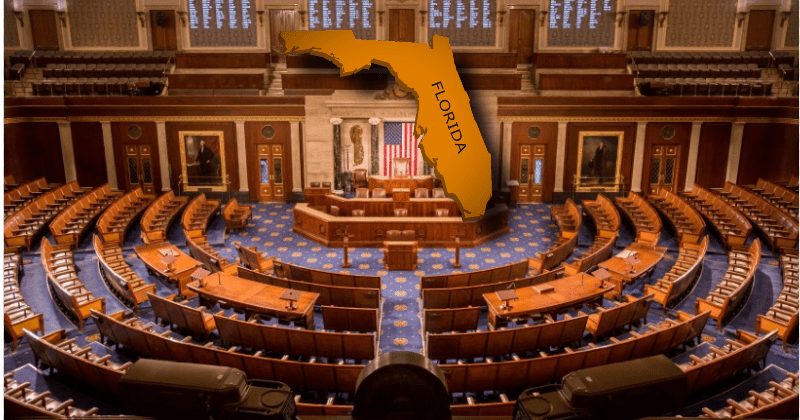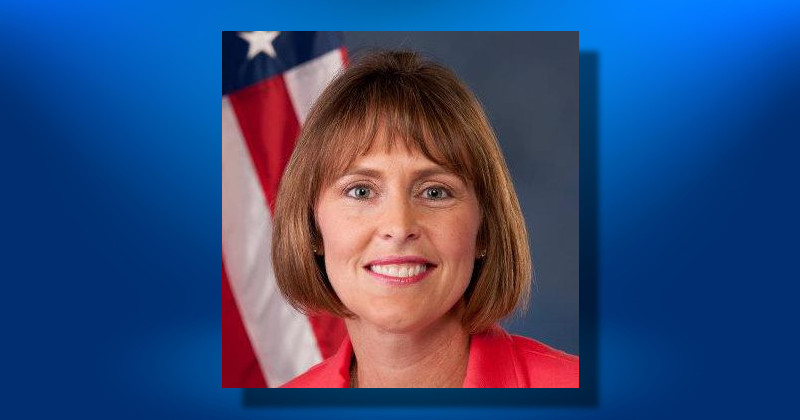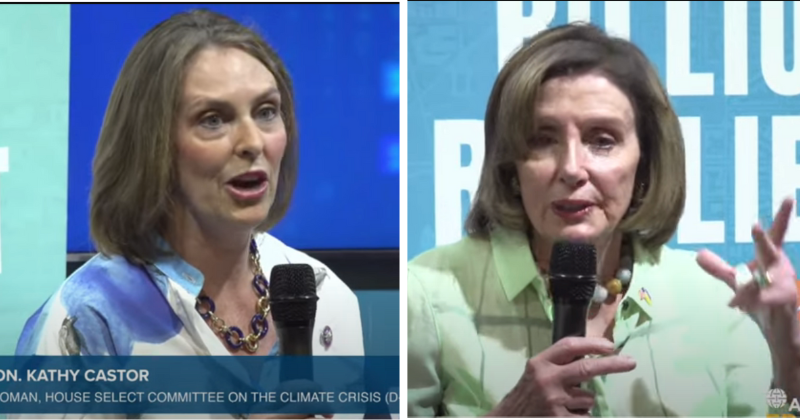Last week, a congresswoman from Florida brought back her proposal to protect the online privacy of younger Americans.
U.S. Rep. Kathy Castor, D-Fla., introduced the “Protecting the Information of our Vulnerable Children and Youth Act (Kids PRIVCY Act)” for the first time at the start of last year. The bill reforms the “Children’s Online Privacy Protection Act (COPPA)” including requiting opt-in consent for Americans under the age of 18. The proposal also creates a new group of “young consumers” between the ages of 13-17 to let families “control who collects their personal information and what companies can do with it.”
Castor brought back a new version of the proposal last week.
“Online and digital technology, tracking and data gathering have outpaced current privacy protections for children and consumers,” said Castor. “Companies shouldn’t be allowed to unreasonably track and target children. Many companies have been violating the minimal privacy protections in place today as devices and applications have become more sophisticated in targeting kids. The 117th version of the Kids PRIVCY Act builds on COPPA’s strengths, expands privacy protections for children and teenagers, and incorporates key elements of the UK’s Age-Appropriate Design Code. It’s time to strengthen online protections for our youngest neighbors and bring these safeguards into the 21st century.”
Under Castor’s proposal, the opt-in cause forces companies to “obtain specific, informed, and unambiguous opt-in consent before collecting, retaining, selling, sharing, or using a young consumer or child’s personal information.” The bill would also ban companies to target children with online ads based on tracking their behavior and actions. Castor’s proposal also offers younger Americans the ability to access, correct and remove personal information and stops companies targeting information on children “explicitly covered to include physical characteristics, biometric information, health information, education information, contents of messages and calls, browsing and search history, geolocation information, and latent audio or visual recordings.” The proposal would force companies to offer more transparency on privacy policies and limit what they can share with third parties without consent.
While Castor has not reeled in any cosponsors or a partner in the U.S. Senate to offer a companion measure, a host of groups have lined up in support of her bill.
“Common Sense applauds Rep. Castor for her continued efforts to protect children and teens online. This bill would provide much needed updates to COPPA, prohibiting especially problematic practices like behavioral ad targeting, extending flexible protections to teens on all sites they frequent, and requiring that companies prioritize the best interests of young people. The U.S. has fallen behind other nations in prioritizing and protecting young people online, but Rep. Castor’s Kids PRIVCY Act would start to change course to help ensure kids and families across the country get the protections they deserve across the online ecosystem,” said Ariel Fox Johnson, the senior counsel of global policy for Common Sense.
“Representative Castor’s Kids PRIVCY Act is a game changer. By building on COPPA, expanding privacy protections to teens, and incorporating key elements of the UK”s groundbreaking Age Appropriate Design Code, the legislation will create the safeguards young people deserve. And by banning surveillance advertising to children and teens, the bill will allow young people to safely use the internet without being exposed to harmful, exploitative data-driven marketing. Anyone with concerns about how children are treated online should support this important legislation,” said Josh Golin, the executive director of Fairplay.
The bill was sent to the U.S. House Energy and Commerce Committee last week.
Reach Kevin Derby at kevin.derby@floridadaily.com.












